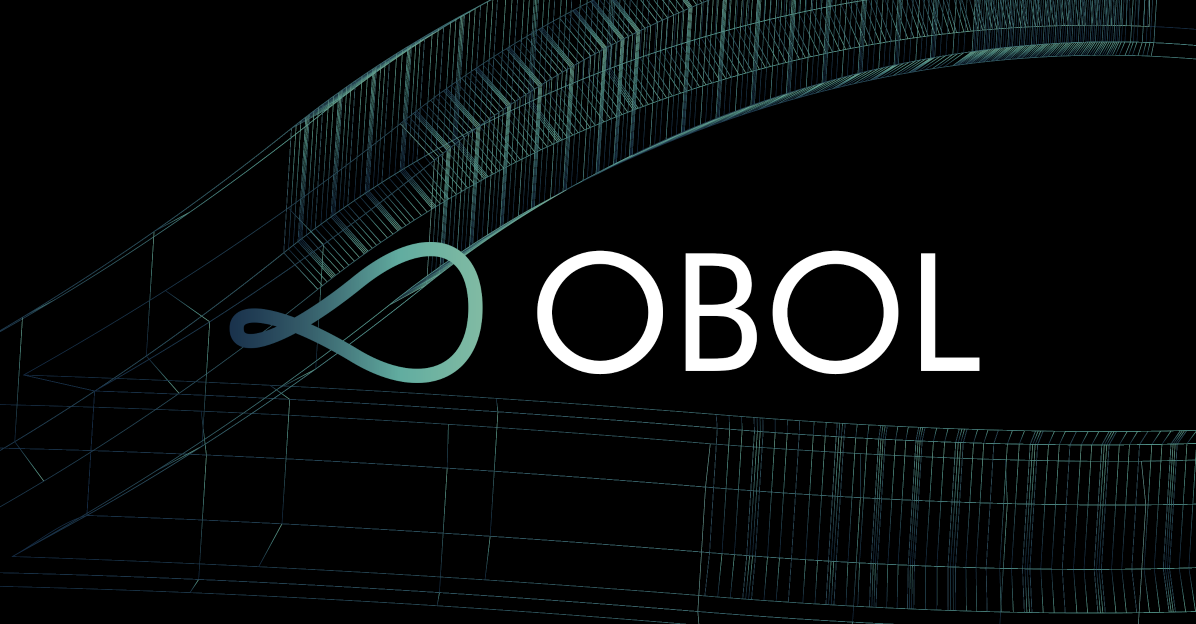obol

Obol
Obol is building a trust minimized staking protocol for public blockchain networks based on Distributed Validator Technology (DVT). DVT enables validators to configure clusters with active-active redundancy, an improvement on the widely used configuration of active-passive redundancy.
This is achieved by being able to split a validator key across multiple independently operating instances and utilizing threshold signing to perform consensus duties. You can think of this as enabling your validator to operate like a multi-sig, removing single points of technical failure including:
Availability Failure
Validator Key Compromise
Our mission is to evolve DVT by building a crypto economic protocol and diverse community that can enable the primitive to become a sustainable public good, increasing the security and resiliency of public blockchain networks. We will begin this mission by focusing on building solutions to support the future of Ethereum POS.
Last updated